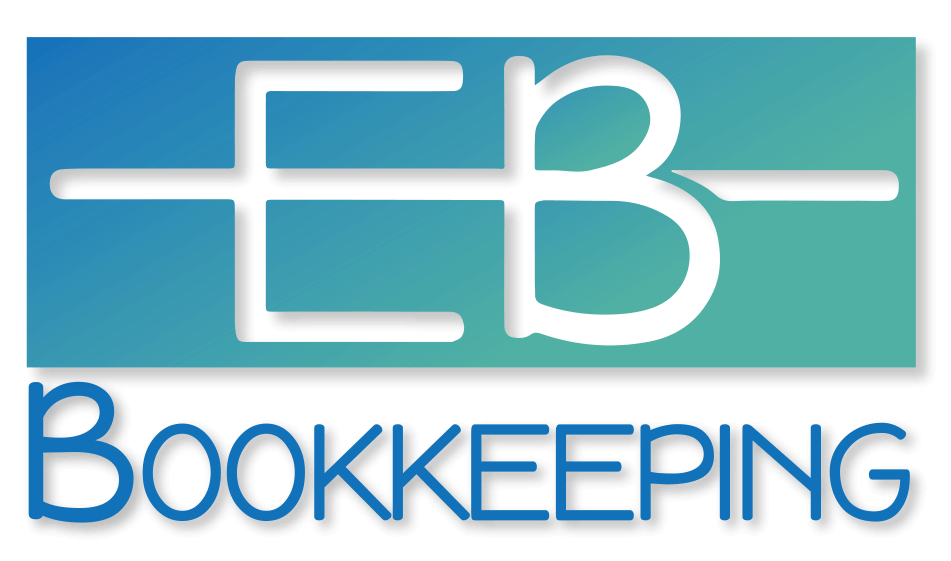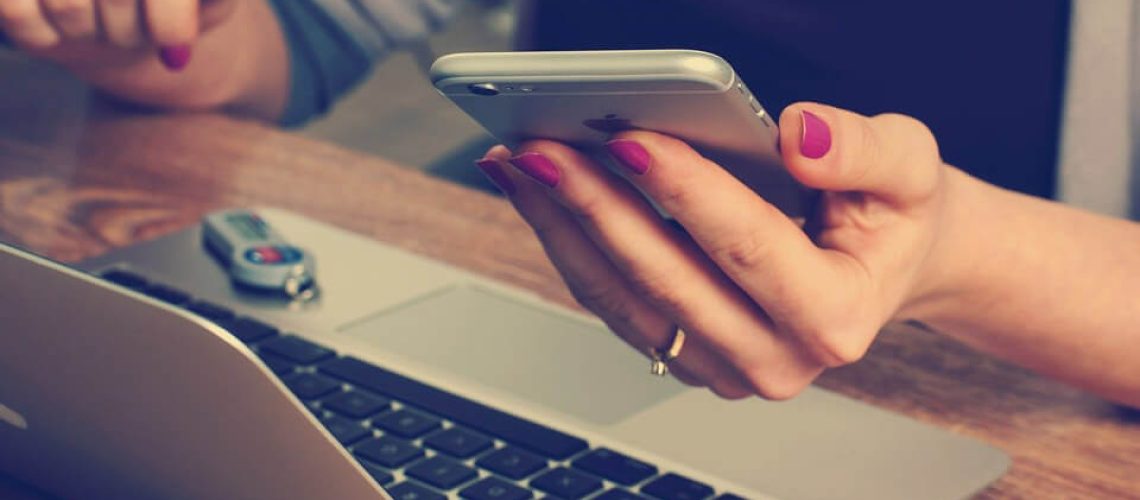It dominated the news at the end of last year, and a lot of people are now concerned that they may be subjected to the so-called ‘side hustle’ tax.
Here’s more information on when you need to worry – and when you definitely don’t!
What is the ‘side hustle’ tax?
First thing’s first: it’s not a new tax, as such.
If you sell goods on the side or use your skills to make extra money, and you earn more than £1,000 in any given tax year from doing so, you will need to declare this additional income to HMRC.
This is because you will be going over what’s called your trading allowance (which is a maximum of £1,000 per person, outside your regular employment).
It has always been this way – but up until now, a lot of people either haven’t been aware of the rules or have purposely evaded paying tax on their additional earnings.
How do you declare and pay your ‘side ‘hustle’ tax?
Declaring this side hustle income will involve registering as self-employed with HMRC, filling out a self-assessment form, and submitting it by the deadline of 31st January for the previous tax period.
So, for example, if you earned more than £1,000 from sales or a side gig between 6th April 2022 and 5th April 2023, you must declare this income in your upcoming self-assessment, which will be payable by the end of January 2024.
When will you have to pay this tax?
Technically, you have always had to pay this tax if you earn more than £1,000 from any sort of trading arrangement or side business.
What’s changed is, as of 1st January 2024, digital sales platforms such as eBay, Etsy, Amazon, Uber, Fiverr and Upwork are now legally obliged to send HMRC details of your earnings.
Beforehand, your earnings would not have been declared to HMRC unless it was you doing the declaring, or unless HMRC physically requested the data from these third-party companies because they suspected that you were going over your threshold. In a nutshell, this sharing of data has become automated, and there’s no way around it!
When won’t you have to pay this tax?
If you’ve sold a few of your own items to clear up space in your home, and these items were sold for less than you bought them for, you won’t need to declare the money you have received to HMRC. The government is only really targeting people who are making their own goods to sell, or have specifically bought goods at a cheaper price in order to sell them at a profit.
What happens if you don’t pay the tax you owe?
If you fail to declare your earnings OR miscalculate the amount of tax that you owe on your side business activities, you may be fined. HMRC has the right to add interest to late tax payments, too, so the costs involved in ignoring the issue could be very high indeed.
What does this mean for the ‘side hustle’ generation?
Many of us are turning to second incomes to help us make ends meet. Whether you’re earning more cash from a second (or third!) job, or you’re simply selling a few of your unwanted items for some extra money, you need to be aware of how your side hustle could affect your tax liabilities.
I’m sure that the latest change in policy from HMRC won’t stop people from earning outside of their paid employment, but it certainly will make them think more carefully about their tax obligations.
When else might you need to register for self-assessment?
As I’ve mentioned, you will definitely need to register for self-assessment if your income from self-employment work was more than £1,000. You will also need to sign up to HMRC’s self-assessment service and complete the relevant tax return forms if:
- You received more than £2,500 from renting out property
- You received more than £2,500 in other untaxed income
- You received a P800 from HMRC saying you did not pay enough tax last year
- You need to prove you’re self-employed to claim tax-free childcare
- You want to make voluntary Class 2 National Insurance payments, which will ensure you qualify for state benefits
It’s always worth getting a professional opinion on your circumstances, because I may be able to find ways to bring your tax bill down – for example, by helping you claim tax back on any expenses related to your side hustle, as they will bring down the amount of profit you need to declare.

